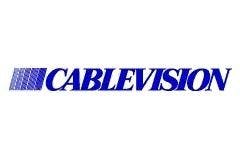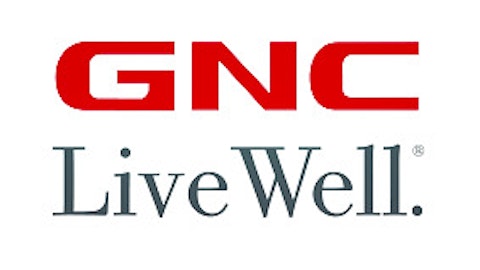Ever since Netflix, Inc. (NASDAQ:NFLX) started its streaming service, consumers everywhere have dreamt of a day when they were no longer beholden to big cable and its bundles. Unfortunately, big cable hasn’t given up on bundling without a fight, pushing hard to maintain the status quo. Fortunately Cablevision Systems Corporation (NYSE:CVC) has filed a lawsuit that may put an end to forced bundling altogether.

Though the antitrust case has promise, similar legal challenges to bundling have fallen short in the courts, as Viacom was quick to point out in its statement. It also claimed Cablevision Systems Corporation (NYSE:CVC) was more interested in using the legal case to renegotiate the two-month old contract the two parties just agreed to, which Cablevision dismissed. While it isn’t clear the outcome, it is clear the legal battle will be a long one.
If the case should go in Cablevision’s favor, it will have major repercussions for both cable and big content. Without bundling, content providers have less motivation to hold content hostage, making them more likely to spread it around to generate revenue, or at least give the highest bidder access. That might open the door for Netflix and Amazon.com, Inc. (NASDAQ:AMZN) to acquire even more content, though it certainly means they’ll pay even more for access. As it stands, Amazon and Netflix have been fighting for exclusive content, with both sides managing to land their own exclusives. Netflix has also gone the other direction, developing its own exclusive content, with its eyes set on becoming a premium channel in the same vein as Time Warner Cable Inc (NYSE:TWC)’s HBO. The unbundling of cable could also help Netflix reach its goal and join the cable lineup.
Conversely, it could also end up harming Netflix and similar services. While Netflix currently offers quite the bargain, if cable providers can offer channels incrementally it may close the gap. That may be exactly what DIRECTV (NASDAQ:DTV), Cablevision and the rest are hoping for, giving them the opportunity to reach households that refuse to pay for bloated, expensive packages. While such a change would likely reduce revenue per customer, these firms could potentially benefit from a much larger customer base, particularly if consumers could pick and pay for just a handful of channels.
It also opens the door for premium channels to become much more accessible, potentially undercutting the draw of streaming services. For example, once cable packages are broken up, HBO becomes a very interesting standalone channel for Time Warner. A standalone, streaming HBO service could do serious damage to current streaming businesses. This already seems to be something Netflix CEO Reed Hastings is worried about: he’s gone on record to say his job is to turn Netflix into HBO before HBO can turn into Netflix.
In the end, a verdict in Cablevision’s favor has the potential to reshape the TV landscape. If it does, more than just consumers stand to benefit and it could serve as a major catalyst for all parties involved. The losers will likely be the weaker content developers and the winners will either own the best content or distribute it. It is definitely worth keeping an eye on for any investors in this space.
The article Cablevision’s Lawsuit Has Major Implications for TV originally appeared on Fool.com and is written by Chris Moore.
Copyright © 1995 – 2013 The Motley Fool, LLC. All rights reserved. The Motley Fool has a disclosure policy.





